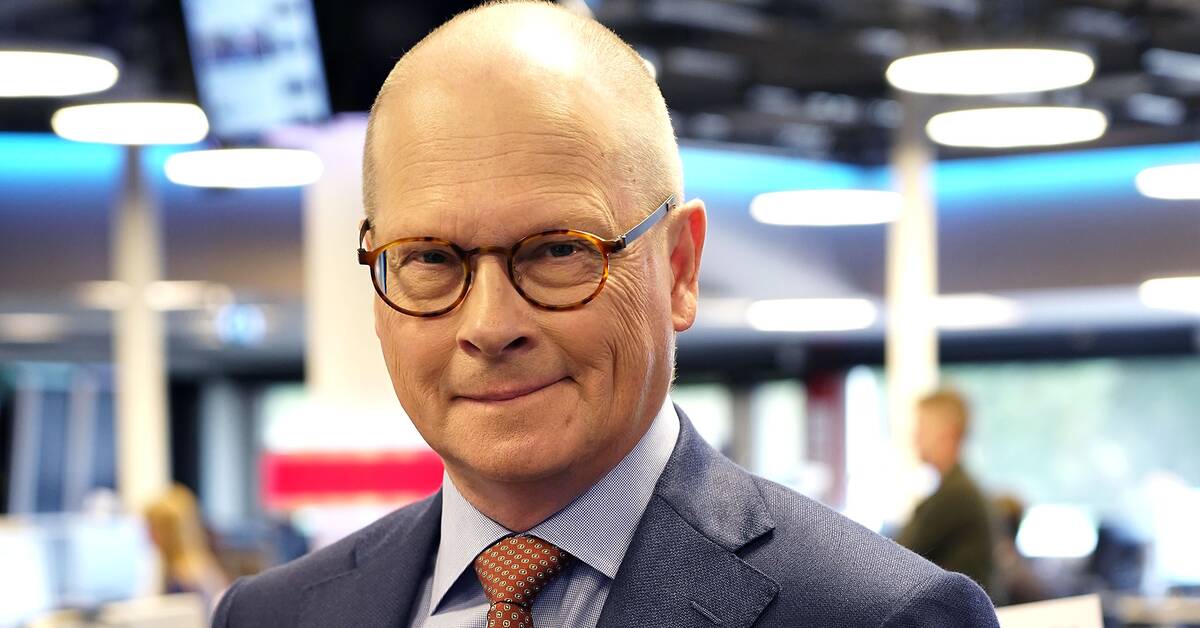Russia's large-scale and bloody attacks on Ukraine are fundamentally changing the security policy situation in Sweden's immediate area.
The Russian invasion of a European country will also have far-reaching consequences for Swedish domestic policy and the priorities of the parties.
Already, the rapidly rising fuel prices have risen as a political issue.
Energy supply is another issue that will be important in the future, as is agricultural policy and the degree of self-sufficiency.
Most important, however, are the issues that can most clearly be linked to what is usually called national security.
In a situation where Russia is perceived as a growing threat, issues concerning the dimensioning of the Armed Forces and Sweden's international defense co-operation are becoming increasingly important.
Wide support for heavy refurbishment
Last week, a unique majority gathered in the Riksdag around the decision to increase defense funding already this year.
All parliamentary parties were behind the agreement.
At the same time, a broad majority in the Riksdag has crystallized in order to increase defense appropriations to 2 per cent of GDP.
However, the parties do not agree on when this will happen.
The bourgeois parties and the Sweden Democrats want it to happen by 2025 or even earlier.
The Social Democrats are content with "as soon as possible".
Nevertheless, it is clear that there is now broad support in the Swedish Parliament for a major upgrade.
The reason is, of course, the war in Ukraine.
Paragraph 5 divides the parties
With regard to Sweden's relationship to international defense co-operation and especially with the NATO defense alliance, however, the agreement is over.
Although this is an important basis for the country's defense and security policy.
What divides the parties is Article 5 of the NATO Charter on Mutual Defense Guarantees.
The Social Democrats oppose NATO membership and receive support from the Left Party and the Green Party.
The Moderates, the Christian Democrats, the Center Party and the Liberals all want to join NATO.
The Sweden Democrats waver on the issue, but can thus decide the outcome in view of the parliamentary situation.
The Social Democrats' opposition to NATO is very much about Sweden's history as an alliance-free nation.
However, this has not prevented the Social Democratic government from having greatly expanded Sweden's defense co-operation with a number of countries in recent years, including several NATO countries.
Cooperation with NATO has also become increasingly intimate and now also includes a so-called host country agreement, which means that it will be easier for Sweden to receive military support from NATO.
Sweden has never been closer to NATO than it is today.
Sweden may be forced to change its footing in the NATO issue
At the same time, public opinion support in Sweden has grown for Swedish NATO membership.
This wind of opinion is blowing even stronger in Finland, which is grappling with the same issues as Sweden.
Should Finland land in a decision that a Finnish NATO membership is preferable, it poses major problems for the Swedish government, which has claimed that such a move would destabilize the situation in northern Europe.
If Finland joins NATO, there is much to suggest that the Swedish government would also be forced to change its footing on the issue.
The debate in Sweden about NATO is otherwise likely to roll on and probably into the election campaign.
Thus, the autumn election movement can become something as unusual as an election movement where defense and security policy takes up a lot of space.

